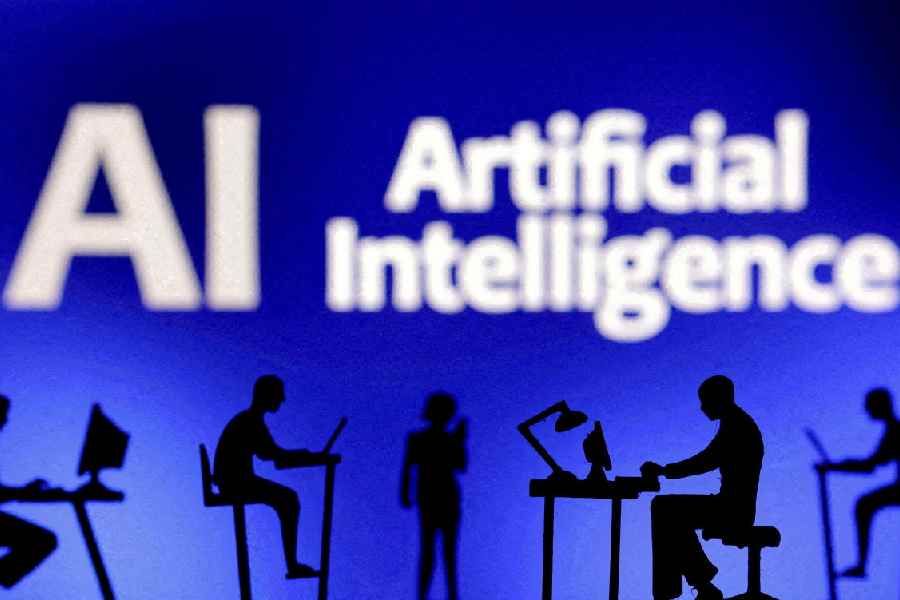The examiners have failed an examination. Research at Reading University showed that examiners could not differentiate between answer scripts written by actual students and GPT-4, one of the most advanced Artificial Intelligence programs, as much as 94% of the time. In fact, on several occasions, the technology scored higher than actual students, with AI failing to keep up with their human examinees only in the sphere of abstract reasoning. This incident raises interesting — also concerning — dimensions about the future relationship among humans, technology learning, and pedagogy. It has long been argued that neither short- nor long-form questions, the answers to which can be rote learned, are adequate to test students’ knowledge. The arrival of AI has rendered such formats even more untrustworthy. Does this then merit a return to in-person exams — these have been replaced with take-home tests in many parts of the world since the pandemic — that evaluate students’ competencies in a more practical and demonstrative manner and foster a meaningful engagement between students and their subjects? But examinations are just one aspect of the education system that has come under AI’s shadow. Be it research papers, case studies, projects or even homework, there are now specific AI programs — all based on the GPT-4 model — that can do most of the students’ academic work for them, including putting together citations and bibliographies. Worryingly, traditional plagiarism checks do not work on such AI-generated content and educators, too, are clearly struggling to tell real from fake. Students are not the only ones looking to AI for shortcuts either. Reports show that teachers are turning to AI tools and platforms to assist with grading papers, writing feedback, developing lesson plans and creating assignments.
This reliance on AI is concerning for several reasons. The most obvious apprehension is about the threat that this poses to independent thinking. AI’s assimilate-and-generate model is based on reproducing knowledge that already exists. Replicating this in education could seriously impact knowledge creation. Moreover, as it has been established by several studies, AI is prone to biases: students, consequently, stand the risk of imbibing such prejudices in their work when they use AI. There is also the question of access. AI can widen the gaps in education by giving some students an unfair advantage and limiting the access of underprivileged communities to learning opportunities. AI’s growing imprint on education, as is the case with all evolving technology, is a double-edged sword. The challenge for educators and students lies in making the right choice.











